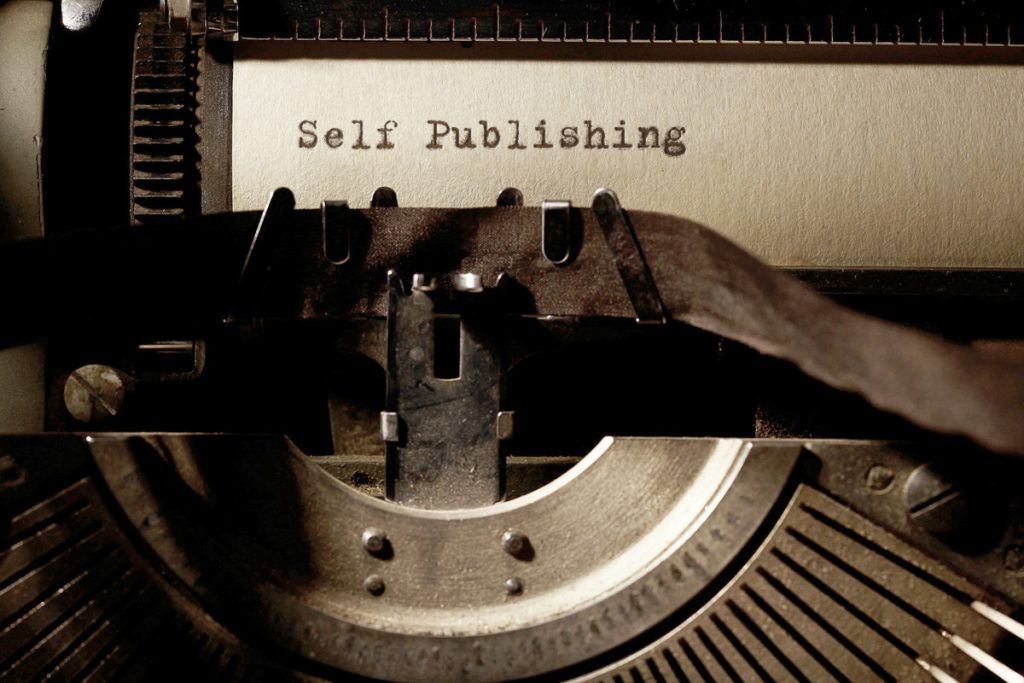
Self Publishing
Self-publishing eliminates the worry of getting a book deal because an author that self-publishes is in full control and will have a guaranteed book published. The other benefit is that you will get a larger commission on each sale, whereas established book publishers they may give you a one-off fee and if your book is really successful you may miss out on the bigger piece of the pie. However, self-publishing does not come without hard work. An author has to promote, market, and advertise whereas an established publishing house would have done all the work for you.
Self-publishing is the publication of media by its author without the involvement of an established publisher. The term usually refers to written media, such as books and magazines, either as an ebook or as a physical copy using POD (print on demand) technology. It may also apply to albums, pamphlets, brochures, games, video content, artwork, and zines. Web fiction is also a major medium for self-publishing.
With traditional publishing, the publisher bears all the costs and risks of publication but retains most of the profit if the book is successful. In self-publishing, the author bears all the costs and risks but earns a higher share of the profit per sale.
The $1 billion market of self-publishing has transformed in the past two decades with new technologies providing increasing alternatives to traditional publishing. Self-publishing is increasingly becoming the first choice for writers. Most self-published books sell very few copies. Those which sell large numbers are newsworthy because they are so rare. The quality of self-published works varies considerably because there are no barriers to publication and no quality control.


